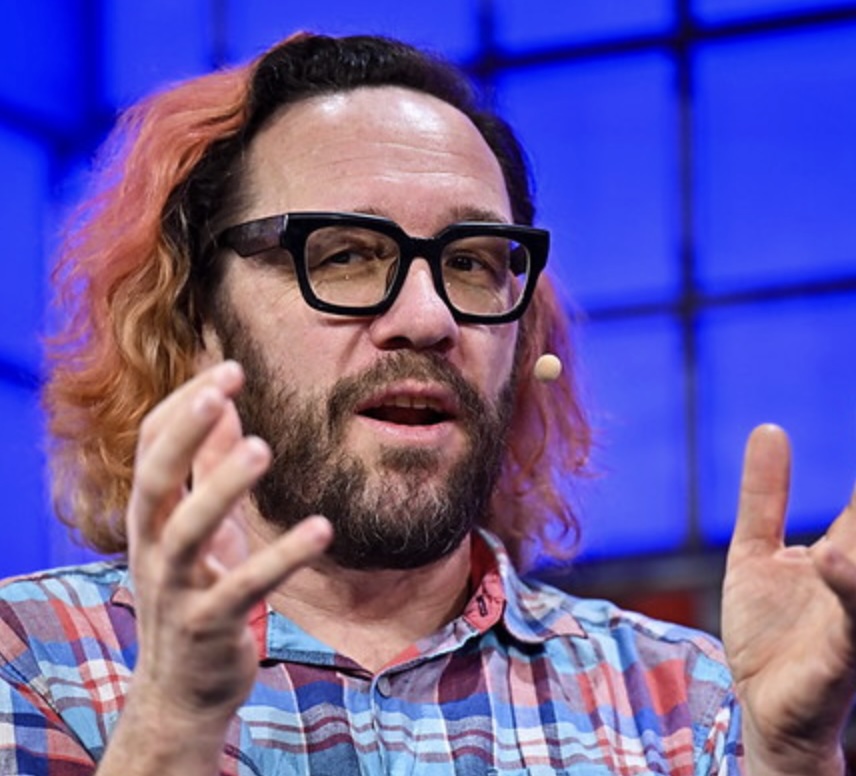The Importance of Network Protocols for Commoning & Open Markets
Most of us don’t give much thought to the arcane technical protocols that make the Internet and its various platforms work. Yet these invisible architectures of code profoundly affect how we can interact with others. They determine what sorts of information we can receive and even how our worldviews and identities are shaped.
Sometimes tech protocols empower us to govern ourselves as commoners and freely collaborate with each other. Think open source software, wikis, and collaborative websites. More typically, network protocols are used to create closed, proprietary corporate platforms that turn us into dependent consumers and victims of data-surveillance.

To learn more about how network protocols can foster digital commoning, I recently talked with the activist-minded programmer Evan Henshaw-Plath, perhaps better known as Rabble (pronouns they and them). Rabble has long been a pioneering programmer for social media platforms and champion of decentralized, open technologies. Our conversation can be heard here, as Episode #65 of my podcast, Frontiers of Commoning. (It is also posted on Rabble’s podcast, Revolution.Social.)
What makes Rabble so interesting is their priorities as a programmer, which differ significantly from those of venture capitalists and Silicon Valley tech firms. Rabble’s ambitions are to build platforms that allow “everyone [to have] access to authentic, private online communities built on care, connection, and sustainable relationships.”











Recent comments